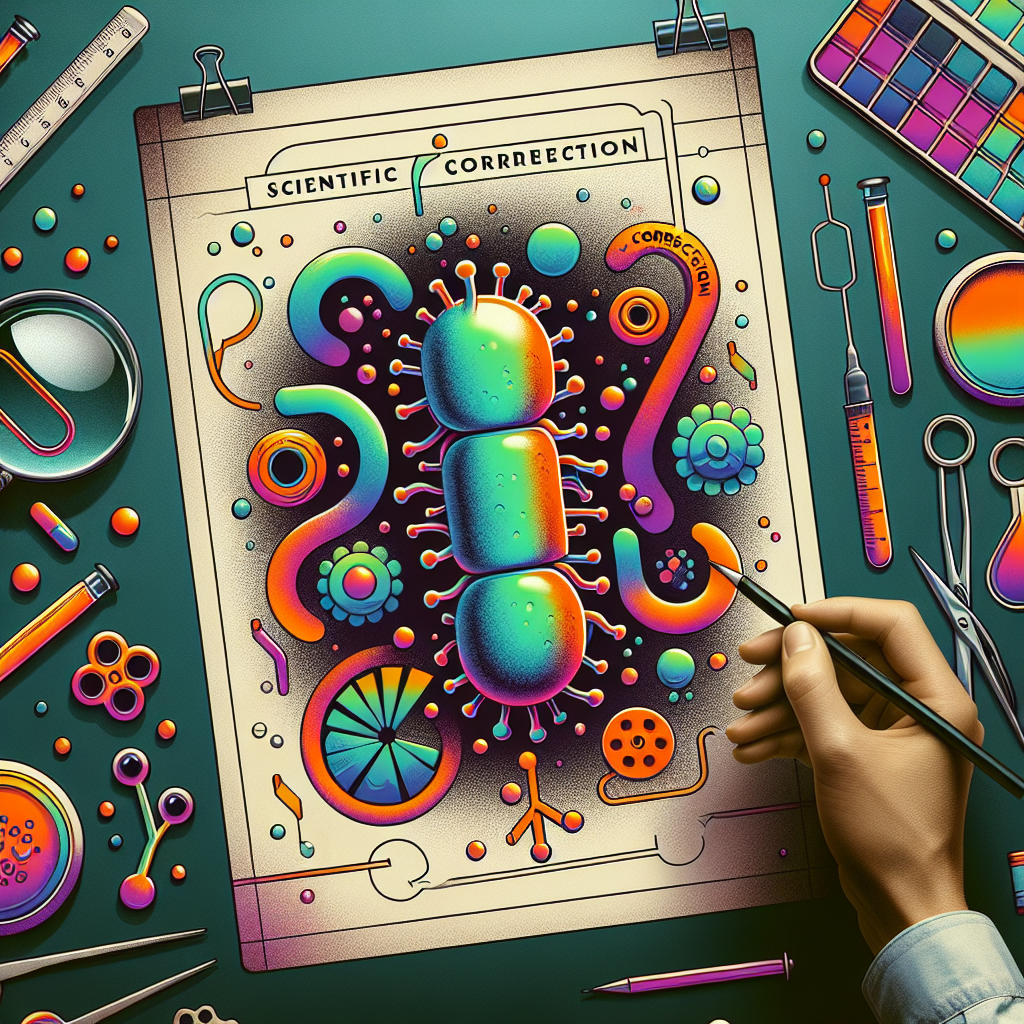Imagine a discovery that could rewrite our understanding of life itself. What if a creature existed that broke all the rules? This exciting thought once captivated the scientific world.
The Buzz About GFAJ-1
Years ago, news broke about a bacterium called GFAJ-1. Scientists found it in California’s Mono Lake. The incredible claim was that it could use arsenic instead of phosphorus. Phosphorus is a fundamental building block for all known life.
Think about that for a moment. Our DNA, our energy (ATP), everything relies on phosphorus. A life form using arsenic would be truly alien. Consequently, the scientific community buzzed with excitement. It opened up incredible possibilities for life beyond Earth.
The Retraction: A Deeper Look
However, science is about rigorous testing. Other scientists quickly started scrutinizing the findings. They re-ran experiments with great care. Their work yielded different results.
It turned out the bacterium could indeed tolerate arsenic. Yet, it wasn’t incorporating arsenic into its core structures. It was simply a master at coping with a toxic environment. As a result, the original paper was retracted. This arsenic bacterium retraction, while a setback for the initial findings, highlighted the rigor of the scientific process.
The Beauty of Self-Correction
This story might seem like a scientific failure. However, it’s actually a beautiful example of how science works. The scientific method is a process of constant inquiry. It involves making claims, testing them, and then refining or rejecting them.
In addition, peer review is vital. This is when other experts check a scientist’s work. It helps catch errors and strengthen findings. Therefore, retractions, while rare, show integrity. They demonstrate science’s commitment to truth.
What This Means for Us
I remember the initial news about the arsenic bacterium. My mind raced with possibilities. It felt like a glimpse into a new universe. Moreover, the subsequent arsenic bacterium retraction, though disappointing, reinforced my trust in science. It showed me that errors happen, but truth ultimately prevails.
This incident also reminds us to be critical consumers of information. Headlines can be thrilling. Yet, the full story often involves careful, incremental steps. As a result, we learn to appreciate the long, often messy, journey of discovery.
Join the Conversation
What are your thoughts on this scientific journey? How do you feel about the process of scientific discovery and self-correction? Share your perspective in the comments below.
Finally, to dive deeper into the original discussion and retraction, check out the full story here: Read the full story on Reddit.



